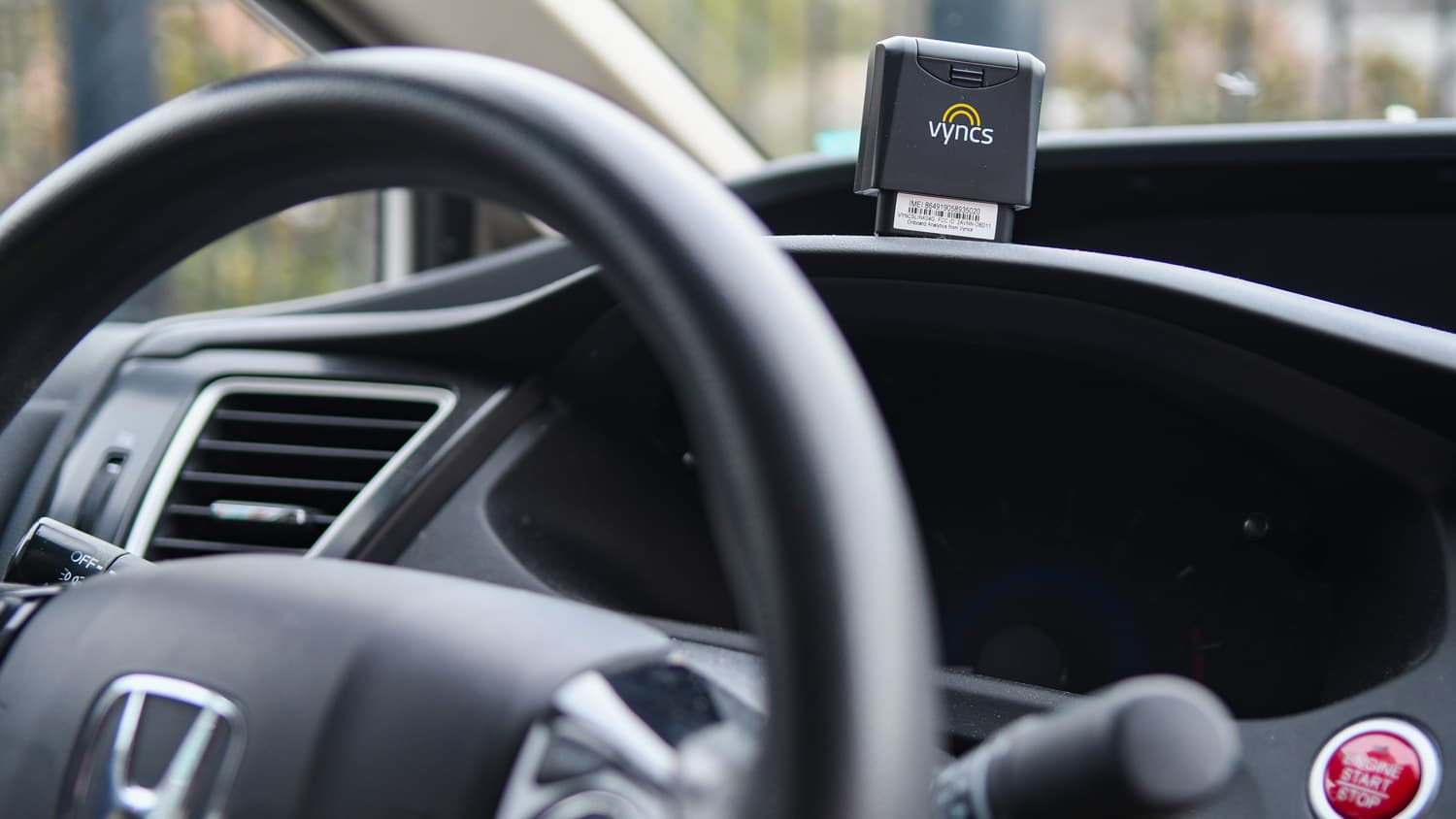The use of GPS tracking devices for business and personal purposes has grown in popularity. Selecting the appropriate GPS tracker is crucial, regardless of whether you want to monitor automobiles, machinery, or loved ones. The main elements to take into account while choosing the ideal GPS tracker for your requirements are described in this article.
Location Precision
The correctness of the location is among the most crucial elements. A device that can locate an object within a few meters is what you’ll need. Think about the intended usage and location of the device; for example, tracking a car could need greater accuracy than tracking a pet in a fenced-in backyard. gps tracking system use satellite signals to pinpoint their location, however, environmental factors like weather and buildings can interfere with the signal. For better accuracy indoors or in cities, look for trackers with extra location technologies like WiFi, Bluetooth, or cellular.
Life of a Battery
Another crucial feature is battery life, since you don’t want a device to run out of juice in the middle of the day. Seek lithium-ion battery packs with a minimum of several-day charging intervals. While some trackers can be charged by the user, others must be returned to the manufacturer for a new set of batteries. Depending on how you want to use the batteries, think about how frequently you need to charge or replace them. Greater flexibility is offered with detachable batteries.
Plans for Data and Connectivity
The best gps tracker device requires a means of sending location information to you. Verify whether the gadget supports SMS text messaging, WiFi, or cellular data. While cellular plans give flexibility but come with a monthly cost, WiFi-only trackers can only function when they are within range of a known network. Think about data allotment and prices; frequent tracking can surpass low-cost options. While SMS solutions are mobile-friendly, their data capacity is restricted. For optimal coverage, hybrid alternatives integrate multiple technologies.
Tracking in Real Time
Assess whether you require updates on your tracking in real-time or if regular synchronization would do the trick. Viewing a vehicle’s location on a map in real-time is possible with real-time tracking via cellular data, although it consumes more bandwidth. To save battery and data, the location is updated less frequently by periodic synchronization over WiFi or SMS. Think about your priorities: expense vs. safety. Update frequency can be customized with hybrid settings.
Geofencing Features
Setting up virtual limits and getting alerts when a tracked item enters or exits the area are made possible by geofencing. It can monitor safe work zones, detect theft, and alert of curfew violators. Aim for configurable alert settings and the ability to use multiple geofences. For accuracy, geofencing needs regular or constant location updates.
Form Factor and Durability
Think about the surroundings and circumstances the tracker will encounter. Weatherproof and waterproof grades guarantee performance in the rain or snow. Seek for robust, vibration-resistant designs. Another aspect is size and weight; although larger trackers have better battery life, they might not fit in confined locations. There are various installation options available with magnetic or adhesive mounts. Although discretely integrated, hardwired systems have limited portability.
Features for Tracking and Reporting
Tracking is streamlined by advanced features. Look for customized speed and border alarms, mileage monitoring, idling time detection, and trip records and reports. Multi User access enables tracking of colleagues or family members. Reports and location data are easily accessible through mobile apps and online dashboards. Seek for remote functionality such as start/stop instructions, two-way communication if feasible, and customizable sharing.
Guarantee and Client Assistance
Think about the support guidelines and warranty coverage. Most warranties last between one and two years. Ensure that assistance is accessible by phone, email, or an online help center in case problems occur. To learn about customer service experiences, read reviews. The top trackers provide extensive support for their products.
Spending Plan
The cost varies greatly based on the features that are offered. While cellular trackers with complex capabilities can cost over more, including service subscriptions, basic WiFi-only trackers can be purchased for less. To identify a cost-effective solution, think about your most pressing needs. For big fleets, many trackers could be more economical than a single all-in-one gadget.
Setting up and Installing
After choosing a GPS tracker, it’s critical to think about how simple or complex the installation process will be. Certain trackers are made to fit within equipment or beneath dashboards of cars with ease. To ensure correct placement, look for models that have comprehensive installation instructions and videos. Trackers that are permanently hardwired might need to be installed by professionals.
Simple magnetic or sticky mounting options are what wireless trackers should have for easy attachment. Installing WiFi trackers close to an internet source is necessary. Think about whether mounting that is detachable or temporary is necessary for your purposes.
Another factor is how the tracking apps and software are set up. Look for onboarding guides and wizards that make setup easy. Verify that the tracker functions flawlessly on iOS and Android smartphones. During the first setup, test all of the capabilities, including reports, speed alerts, and geofencing. Before using the gadget for the first time, make sure you register it online and create user accounts.
Client Assistance
There may be times when even the best GPS trackers need troubleshooting assistance. For feedback on dealing with the manufacturer’s support staff, read reviews. The resolution of issues, live agent availability, and response times are critical markers of the caliber of customer care. Flexibility is provided by multi-channel support via phone, email, and online ticketing. For answers to frequently asked questions, consult a vast knowledge base before calling assistance.
Overall, taking into account elements like the simplicity of installation and the caliber of customer service helps guarantee a seamless experience from the GPS tracking solution’s unboxing to continued use. Successful, trouble-free deployment and use are the result of careful planning. structured cabling ensures easy tracing and maintenance of the network infrastructure.
Conclusion
Prioritizing important variables according to your unique use case is the key to selecting the best GPS tracker. When evaluating models, take into account requirements for location accuracy, battery life, connectivity, tracking features, durability, warranty, and support. Examine comprehensive specifications and authentic user feedback to determine trackers that offer the most value for the money. GPS tracking technology offers invaluable insights and peace of mind when features are chosen carefully.




